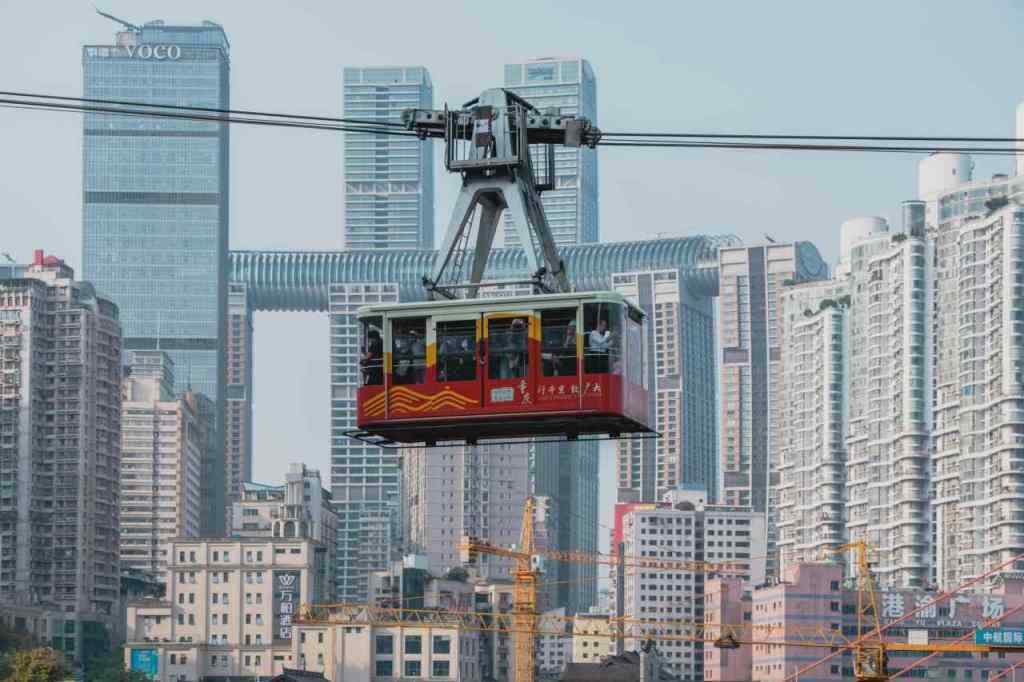Inauguration of Taiwan’s President Lai Ching-te: A New Era of Stability
In a historic inauguration ceremony, Lai Ching-te was sworn in as the President of Taiwan. His speech resonated with a clear message of peace, unity, and Taiwan’s unwavering commitment to its sovereignty. President Lai’s inauguration marks a pivotal moment in Taiwan’s political landscape, setting the stage for a new era of stability and progress.
Call for Peace from China
In his inaugural address, President Lai extended an olive branch to China, urging its leaders to cease military threats and intimidation. He emphasized Taiwan’s desire for peaceful dialogue and cooperation, rather than confrontation. Lai’s call for peace reflects Taiwan’s long-standing commitment to maintaining cross-strait stability.
While acknowledging the differences between Taiwan and China, Lai emphasized the importance of finding common ground and working together to build a prosperous and harmonious region. He pledged to defend Taiwan’s sovereignty and territorial integrity, but also expressed his willingness to engage in constructive talks with Beijing.
Maintain Status Quo with China
President Lai’s party, the Democratic Progressive Party (DPP), supports Taiwan’s sovereignty but has consistently sought to maintain the status quo across the Taiwan Strait. Lai’s inauguration speech reinforced this stance, indicating his commitment to preserving the delicate balance between Taiwan and China.
Lai has stated his willingness to engage in dialogue with Beijing, provided that it is conducted on equal terms and without preconditions. He believes that constructive talks can help resolve issues and build trust between the two sides.
Taiwan’s New President Inaugurated: Lai Ching-te’s Balancing Act
Call for Peace from China
In his inaugural address, President Lai Ching-te urged China to cease military threats and intimidation. He emphasized Taiwan’s desire for peace and dialogue, vowing to defend Taiwan against threats and infiltration from China.
Maintaining the Status Quo with China
Lai’s party supports Taiwan’s sovereignty but seeks to maintain the status quo across the Taiwan Strait. He is open to talks with Beijing, aiming to avoid conflict while preserving Taiwan’s autonomy.
Domestic Policy Focus
Domestically, Lai plans to strengthen Taiwan’s social safety net and invest in emerging fields like artificial intelligence and green energy. He supports universal healthcare, higher education, and minority rights, prioritizing the well-being of Taiwan’s citizens.
Enhancing Military and Security
Lai will continue to enhance Taiwan’s security by importing military equipment from the U.S. Taiwan will also expand its defense industry and strengthen partnerships with unofficial allies, ensuring its ability to defend itself against potential threats.
International Support for Taiwan
The international community has expressed support for Taiwan’s stability. U.S. Secretary of State Blinken congratulated Lai and pledged support. Japan’s government emphasized the importance of peace and stability in the Taiwan Strait.
Beijing’s Critical Response
China criticized Lai’s speech, accusing him of promoting separatism and reiterating its claim to Taiwan as its territory. Beijing also announced sanctions against Boeing and other defense companies involved in arms sales to Taiwan.
Lai’s Past and Present Stance
Lai, once a proponent of Taiwan’s independence, has moderated his views. He now supports maintaining the status quo and engaging with Beijing, recognizing the need for a peaceful coexistence.
Tsai Ing-wen’s Legacy
Lai inherited Tsai Ing-wen’s progressive policies, including social reforms and military modernization. Tsai’s pandemic leadership received mixed reviews, but her efforts to strengthen Taiwan’s sovereignty and international presence laid the foundation for Lai’s presidency.
Conclusion
Lai Ching-te’s inauguration marks a continuation of Taiwan’s efforts to maintain peace with China while asserting its sovereignty. The international community supports Taiwan’s stability, while Beijing’s negative response reflects its ongoing claim over the island. Lai’s balancing act, prioritizing both peace and self-defense, will shape Taiwan’s future in the complex geopolitical landscape of East Asia.
